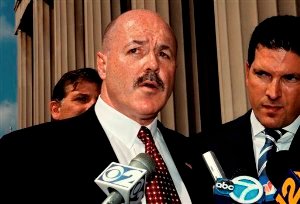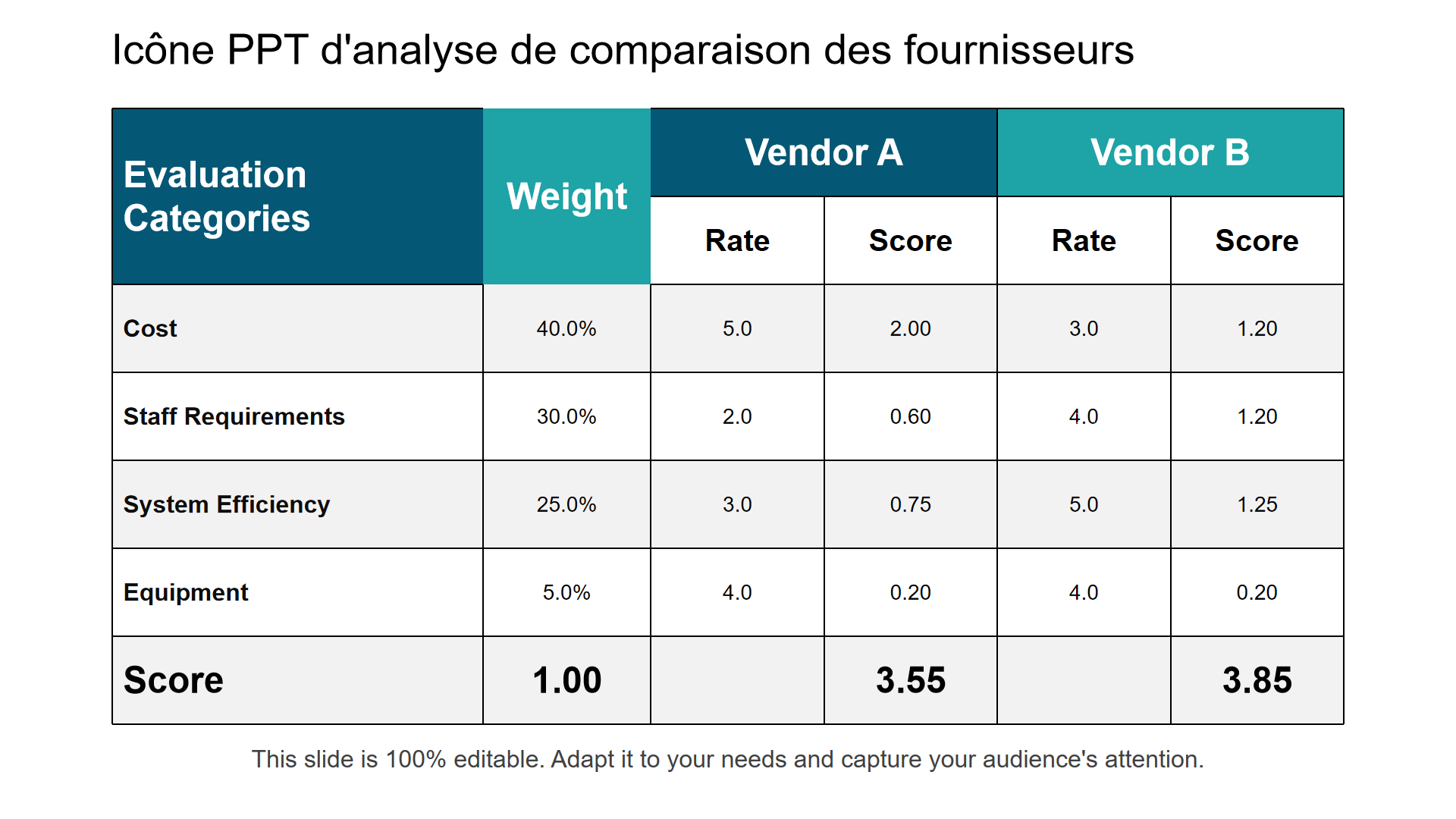Bernard Kerik And The Aftermath Of 9/11: A Reflection On Leadership

Table of Contents
Kerik's Rise to Prominence and Initial Response to 9/11
Bernard Kerik's career trajectory, marked by a rise through the ranks of the New York City Police Department, culminated in his appointment as Police Commissioner just months before the September 11th attacks. His background, including experience in corrections and counter-terrorism, initially positioned him as a strong leader for the crisis. In the immediate aftermath of the attacks, Kerik's actions were characterized by decisive leadership and a visible presence amidst the chaos.
- Effective crisis management examples: Kerik's rapid response to securing Ground Zero and coordinating emergency services demonstrated effective crisis management. His ability to navigate the initial chaos and establish a command structure was crucial in the early stages.
- Demonstrated leadership qualities in the initial response: His visible presence at Ground Zero, offering comfort and direction, boosted morale among first responders and the public. This demonstrated strong leadership qualities, including courage and decisiveness.
- Challenges faced during the immediate aftermath: The sheer scale of the disaster, the unprecedented loss of life, and the logistical challenges of rescue and recovery presented immense difficulties. Coordinating the efforts of numerous agencies, both local and federal, posed significant hurdles.
- Early praise and public perception: Initially, Kerik received widespread praise for his leadership. He was lauded as a symbol of resilience and strength in the face of unimaginable adversity. His public image was that of a strong, decisive leader during the crisis.
The Challenges of Post-9/11 Leadership
The post-9/11 environment presented leaders with immense and unprecedented challenges. For Kerik, these included:
-
Managing the massive scale of the rescue and recovery efforts: The sheer scale of the operation, involving thousands of personnel and an enormous amount of debris, posed a massive logistical challenge requiring exceptional organizational skills.
-
Coordinating diverse agencies and personnel: Effective leadership demanded seamless coordination among various agencies, including the NYPD, FBI, FEMA, and the military. This required strong diplomatic skills and the ability to navigate complex bureaucratic structures.
-
Maintaining public order and security in a traumatized city: New York City, already reeling from the attacks, was vulnerable to further unrest. Maintaining public order and security while addressing the emotional trauma of the city required sensitive and effective leadership.
-
Examples of effective and ineffective leadership strategies employed by Kerik: While initial responses were lauded, later criticisms focused on communication failures and insufficient preparedness for the long-term recovery effort. His handling of certain aspects of the investigation and the coordination with other agencies also attracted scrutiny.
-
The impact of political pressures and media scrutiny: The immense public attention and political pressures added another layer of complexity to Kerik's leadership role. The constant media scrutiny and political maneuvering could have hampered effective decision-making.
-
Balancing security concerns with civil liberties: The need to enhance security in the wake of the attacks had to be balanced with upholding civil liberties. This delicate balance required strong ethical judgment and effective communication.
The Controversies Surrounding Kerik's Tenure
Beyond the immense challenges, ethical and legal controversies significantly impacted Kerik's legacy.
- Key accusations and investigations: Following his departure as Police Commissioner, Kerik faced numerous accusations, including financial improprieties and conflicts of interest. These led to several investigations and legal proceedings.
- The consequences of his actions: The controversies surrounding Kerik significantly damaged his reputation and led to criminal convictions. This serves as a stark example of the long-term consequences of unethical actions.
- Lessons learned from his downfall: Kerik's case highlights the importance of ethical conduct, transparency, and accountability in leadership roles. His downfall underscores the need for leaders to maintain the highest standards of integrity, especially during times of crisis.
Lessons in Leadership from the Kerik Case Study
The Bernard Kerik leadership experience offers valuable, albeit cautionary, lessons in leadership:
- Importance of ethical considerations in decision-making: Ethical considerations must guide all decisions, particularly during times of crisis. Compromising ethical standards can have devastating consequences, both personally and professionally.
- The role of transparency and accountability: Transparency and accountability are crucial for maintaining public trust and ensuring effective leadership. Open communication and a commitment to accountability are essential for building strong leadership.
- The long-term consequences of poor leadership: Poor leadership can have far-reaching and long-lasting consequences, affecting not only the organization but also the public's trust and confidence in institutions.
- Building a strong and resilient leadership team: Effective leadership requires building a strong team capable of handling the pressures and challenges of crisis management.
Conclusion
The Bernard Kerik leadership story in the aftermath of 9/11 provides a complex case study in crisis management and the importance of ethical leadership. While his initial response demonstrated courage and decisiveness, subsequent controversies highlighted the critical need for transparency, accountability, and unwavering ethical conduct in leadership positions, particularly during times of national crisis. Understanding the complexities of leadership in the aftermath of 9/11, as demonstrated by Kerik's experience, is crucial for future preparedness. Learn from the complexities of the Bernard Kerik Leadership case and explore further resources on crisis management and ethical leadership to improve your own leadership capabilities. Strengthening your understanding of leadership in the aftermath of 9/11 is vital for effective crisis management.

Featured Posts
-
 Brexit Damage Boe Governor Advocates For Increased Eu Trade Cooperation
May 31, 2025
Brexit Damage Boe Governor Advocates For Increased Eu Trade Cooperation
May 31, 2025 -
 Cassidy Hutchinson To Publish Memoir Detailing January 6th Hearing Testimony
May 31, 2025
Cassidy Hutchinson To Publish Memoir Detailing January 6th Hearing Testimony
May 31, 2025 -
 L Ingenierie Des Castors En Drome Comparaison De Deux Sites D Etude
May 31, 2025
L Ingenierie Des Castors En Drome Comparaison De Deux Sites D Etude
May 31, 2025 -
 The Pursuit Of The Good Life Strategies For Lasting Well Being
May 31, 2025
The Pursuit Of The Good Life Strategies For Lasting Well Being
May 31, 2025 -
 5 Chillingly Accurate Predictions From Netflixs Black Mirror
May 31, 2025
5 Chillingly Accurate Predictions From Netflixs Black Mirror
May 31, 2025
